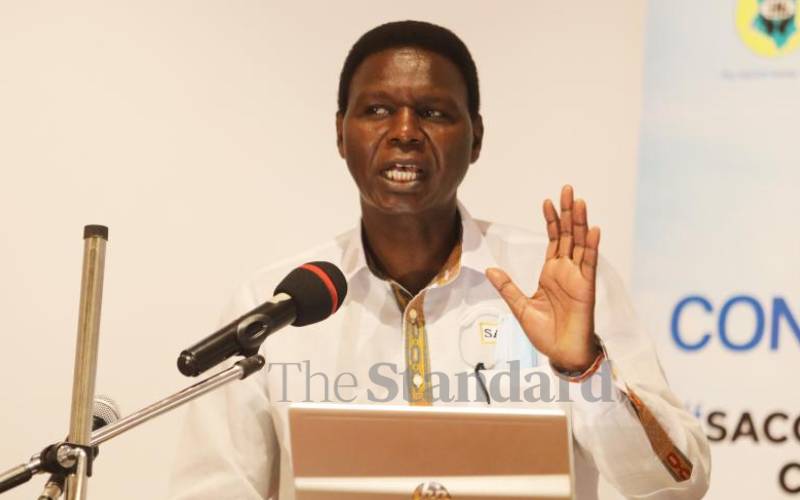×
The Standard e-Paper
Fearless, Trusted News

Sacco Society Regulatory Authority CEO John Mwaka. [Kelvin Karani, Standard]
Hundreds of non-deposit-taking Saccos face de-registration as the government cracks the whip on new regulations introduced in a bid to shut down rogue players in the multi-billion industry.